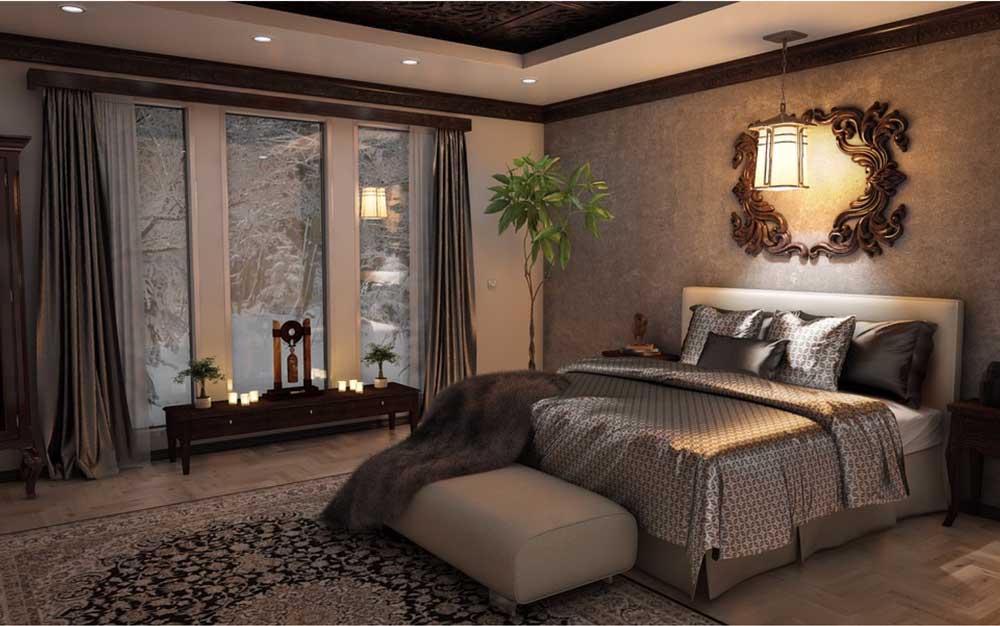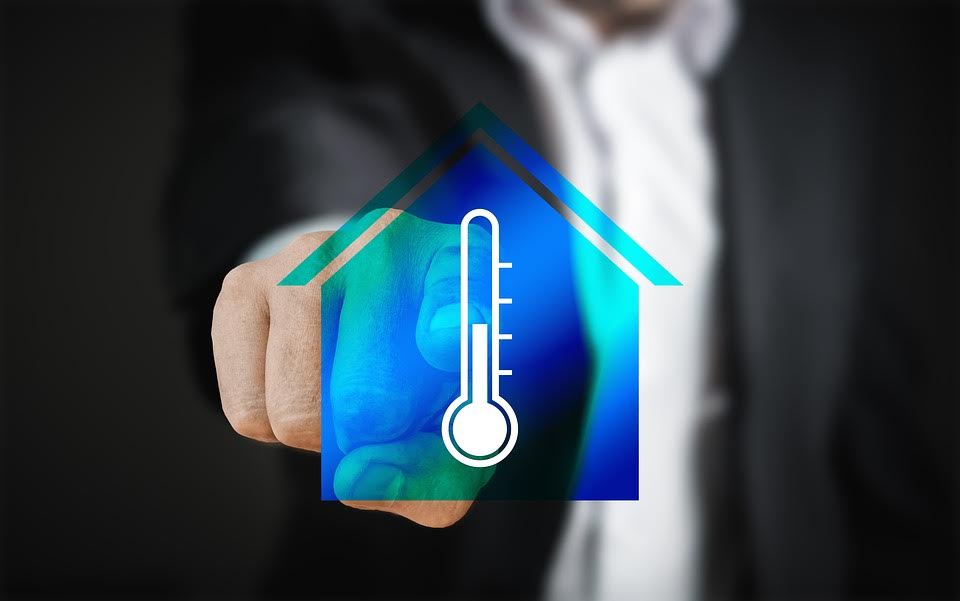Furnaces 101
Winter is around the corner and now is the time to start making sure your home is warm, safe, and cozy.
So, how do you pick among different furnace features and options – from high efficiency, two-stage and variable speed technology to 80% direct replacement options?

Let’s take a look at how different types of furnaces can affect your home heating – welcome to your Furnaces 101:
System Size & Efficiency
When it comes to furnace size, bigger is not always better – actually, an over-sized furnace can cause your system to run inefficiently, costing you more money and leaving your home less comfortable.
Furnace replacement is an important decision, and energy-efficient options should factor into your purchasing decision.
The measure of how efficiently your system utilizes its fuel source – how much energy from your furnace is going towards heating your home, and how much of it is wasted – is found in AFUE (Annual Fuel Utilization Efficiency) ratings, the minimum AFUE rating requirement for furnaces on the market today being 80%. Older furnaces are often sized bigger than what is required now, and new systems have much higher AFUE ratings – which means that you can now get the same amount of heating out of a smaller unit.
While it can be said that both an 80% efficiency furnace and 90% furnace will warm your home effectively, you may want to consider the differences. Firstly, 10% might not seem like a lot, but consistently saving 10% on heating bills can really add up during long, cold winters.
The second major difference is the means by which those furnaces are vented: 80% efficiency furnaces have much higher exhaust temperatures and have to be vented through the chimney via chimney liner; 90% efficiency furnaces, on the other hand, vent at lower temperatures, so they can be vented through PVC pipes on the side of your home.
A professional furnace contractor can help you understand sizing and efficiency ratings.
Two-Stage vs. Single Stage Furnace
A traditional, single stage furnace will cost less to purchase and install, however, it will have lower energy efficiency, costing you more to run. It only has two settings – it’s either on at 100%, or it’s off, and you may also notice more hot or cold spots and inconsistent temperatures throughout the home.
Upgrading to a two-stage furnace is well worth the cost – with a two-stage system, you will have the added ability to run it on low most of the time. The furnace will automatically switch to high if, and only if, it’s needed, which helps to deliver more consistent heat throughout the house and results in fewer temperature differences. The two-stage furnace will also run more quietly and at a higher energy-efficiency, saving you money in heating costs in the long run.
Single-Speed vs. Multi-Speed vs. Variable-Speed Blower Motor
A single-speed blower motor used to be the only furnace option, and it was either blowing at full blast, or it was off. A bottom-of-the-line furnace may only have a single-speed blower motor, making it less efficient and noisier.
A multi-speed blower is a level up from the single-speed blower motor – it will continuously adjust itself between two or more pre-set speeds. This provides more energy efficiency, which means lower heating bills. Additionally, it may provide better humidity control and better air quality as air is more consistently being circulated throughout the house.
For maximum flexibility and energy efficiency, choose a top-of-the-line variable-speed blower. It utilizes a newer technology called an ECM motor, which runs off DC power. This allows the furnace blower to run anywhere between 0% and 100%, providing your home with a more consistent blowing approach and more precise temperatures throughout the day or night.

While a variable-speed blower motor has higher installation costs, it is the most energy efficient system available, possibly saving you hundreds of dollars or more in both heating fuel and electricity bills each year. Other benefits of the variable-stage blower include more consistent heating throughout the house, cleaner indoor air quality, and noise reduction.
Fuel Source
As far as the fuel source for your furnace, natural gas tends to be the preferred source in Pennsylvania – it’s inexpensive, clean, and reliable – but it’s not always available at every home. Those in bigger cities like Harrisburg, PA, Lancaster, PA, Allentown, PA, Reading, PA, or Lebanon, PA are more likely to have access to natural gas already on their street.
If natural gas is available, and you do no currently have gas in your home, consider converting – the upfront cost may be more, but operational costs in the long run tend to make up the difference over the upcoming years. Having a natural gas system may also increase your home’s value and/or overall desirability should you choose to sell your home.
Brand
Finally, consider the brand name of your new furnace – a reputable HVAC contractor will specialize in just a few reputable brand names as this allows them to be experts in those brands, and be properly trained to install your heating system to the manufacturer’s specifications.
It’s important to know that a basic, bottom-of-the-line natural gas furnace may not meet the needs of all homeowners, and may not even work for every home. If you want the “best of the best” in brand names – look for ones backed by a long company history, good reviews, and a rock-solid warranty.
Discuss different options for the furnace that makes the most sense for you with your furnace contractor, as it all comes down to your goals for energy efficiency, the location of the furnace, the size and layout of your home and your existing ductwork. Whether or not you need additional work to meet safety codes for your new furnace will also affect the overall cost. Learn more about the cost of a new furnace here.
Rely on UGI Heating, Cooling & Plumbing – a trustworthy HVAC company for all of your whole-home needs, including furnace repair, furnace service, and installation of heating and cooling systems in Lancaster, Reading, Harrisburg, Bethlehem, and the surrounding communities in Eastern and Central Pennsylvania.
Our furnace experts at UGI Heating, Cooling & Plumbing are ready to make sure your home is as warm and cozy as possible.
Contact us today to learn more about the different furnace systems available that will keep you and your family comfortable through even the most frigid Pennsylvania winters.
Categories
Our Current Specials
Click here to view all coupons/offers >
Call UGI Heating, Cooling & Plumbing today at 1-833-980-3496 to take advantage of this offer.
Click here to Schedule an Appointment >








